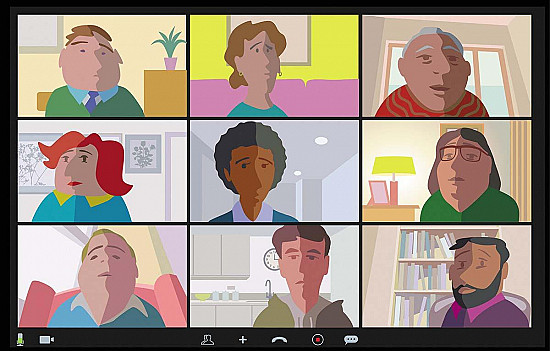Prior authorization: What is it, when might you need it, and how do you get it?
- Reviewed by Robert H. Shmerling, MD, Senior Faculty Editor, Harvard Health Publishing; Editorial Advisory Board Member, Harvard Health Publishing

If you've ever required a service such as a magnetic resonance imaging test (MRI), any kind of surgery, or a prescription for an expensive medication, you've probably heard the term prior authorization. This is a process where your medical provider must get approval from your health plan before you can have a certain medical service or treatment.
Prior authorizations are very common: there are over 35 million prior authorization requests submitted each year on behalf of Medicare Advantage patients alone. But if you find yourself in the position of needing one, you may find the process confusing.
What is prior authorization?
Prior authorization is the approval from your health insurance that may be required for a service, treatment, or prescription to be covered by your plan if it's not an emergency. Prior authorization does not guarantee payment, but it does make it more likely your health plan will cover the cost. Other names for prior authorization include:
- prior approval
- precertification
- preauthorization.
When is prior authorization needed?
Prior authorization is a way for insurance companies to review the medical service, procedure, item, or medication requested and make sure that it's necessary for your care. Examples of services or procedures for which prior authorization may be needed include:
- admission to a hospital or skilled nursing facility
- planned surgery
- certain imaging tests, like an MRI or a computed tomography (CT) scan
- medical equipment, like a portable oxygen tank or an IV infusion pump.
In addition, prior authorization for medications may be required if they:
- have serious side effects
- are harmful when combined with other drugs
- have the potential for abuse
- are expensive. Your insurance company may want to know if less costly drugs are an option.
Prior authorization isn't required if your medical situation is an emergency.
Who is responsible for obtaining prior authorization?
Your doctor's office is responsible for obtaining prior authorization. They will submit a request to your insurance provider to get approval, whether it's for a service or for a medication. Usually, your physician will have a good idea of whether they need to get prior authorization.
When your doctor submits a request for prior authorization, they will have to explain why it is needed. They may have to include a list of other things you've tried — such as other medications that didn't work or serious side effects you experienced — to show that their request is reasonable.
Prior authorizations can be time consuming for doctors to submit. Most physician practices complete over 40 prior authorizations each week per doctor, according to a 2024 survey of 1,000 practicing physicians done by the American Medical Association (AMA). On average, physicians and their staff spend about 12 hours each week requesting them.
In the same AMA survey, physicians noted that prior authorization can result in delays in patients accessing necessary care.
What are the steps to obtaining prior authorization?
Once your medical provider has submitted their request, you can expect the following:
- Your insurance company will review your doctor's request. In some cases, this can take up to 30 days. They may also request more information.
- Once they've decided, they'll send their decision to both you and your medical provider in writing.
- If your doctor feels that you can't wait that long, they can submit an urgent or expediated request. That means you'll get a response from your health plan within 72 business hours.
Prior authorizations are only approved for a specific time period. For example, if you received approval for a test or service but didn't schedule it during a given window of time, the prior authorization approval will expire and the request will need to be resubmitted. If it's for an ongoing medication or treatment, your doctor will need to request a renewal. They may have to provide proof to your insurance company that it's working.
About one-quarter of prior authorizations are denied, according to the AMA. If your health insurance plan denies your prior authorization request, you and your medical provider can appeal the decision. A 2023 report looked at Medicare Advantage plans and found that over 80% of initial prior authorization denials are overturned.
About the Author

Hallie Levine, Health Writer
About the Reviewer

Robert H. Shmerling, MD, Senior Faculty Editor, Harvard Health Publishing; Editorial Advisory Board Member, Harvard Health Publishing
Disclaimer:
As a service to our readers, Harvard Health Publishing provides access to our library of archived content. Please note the date of last review or update on all articles.
No content on this site, regardless of date, should ever be used as a substitute for direct medical advice from your doctor or other qualified clinician.















